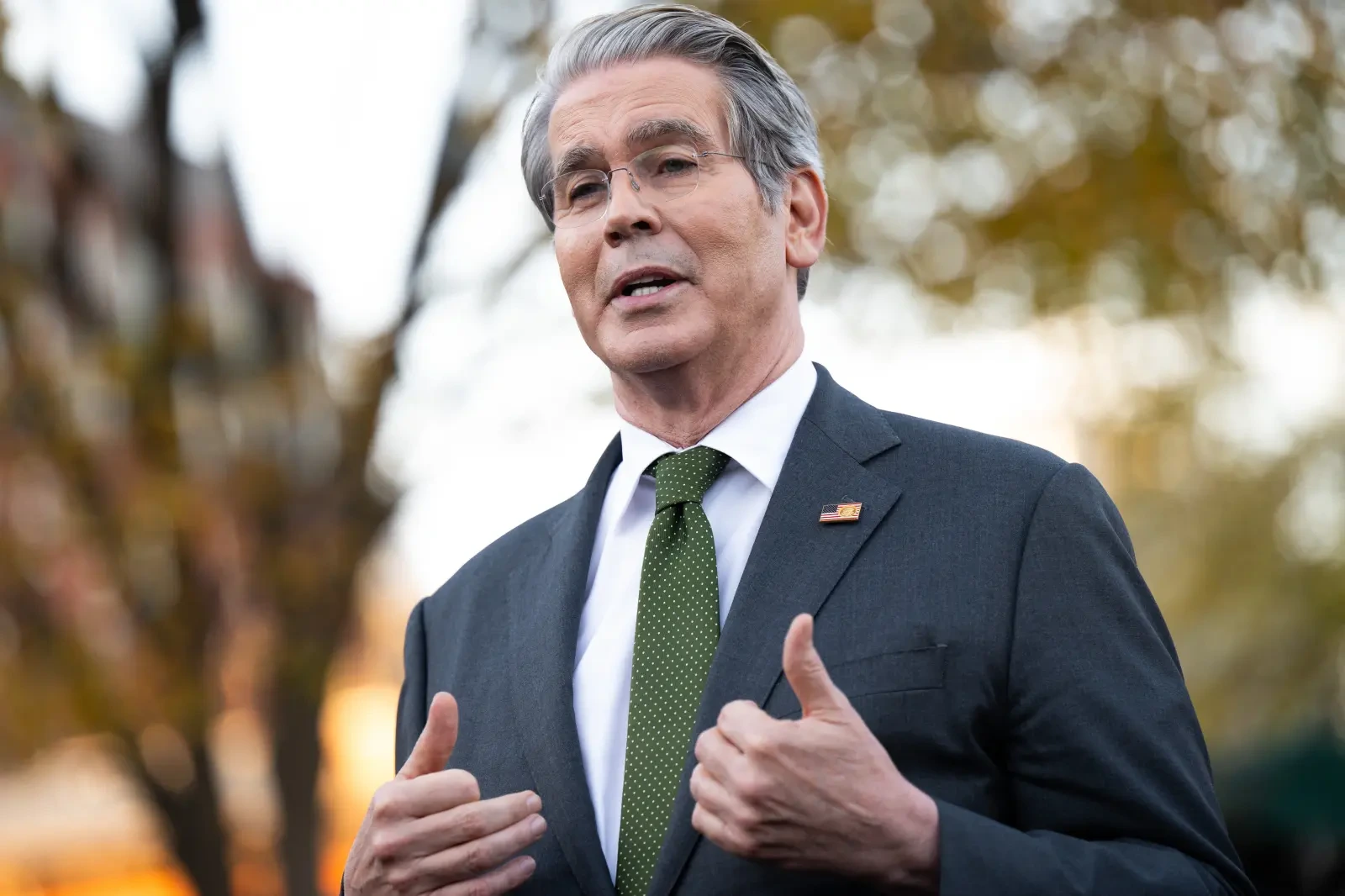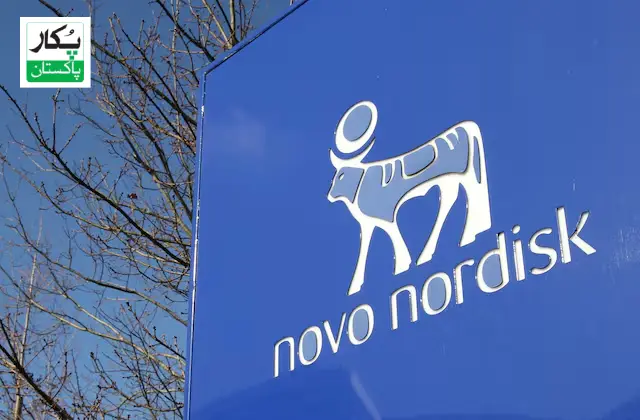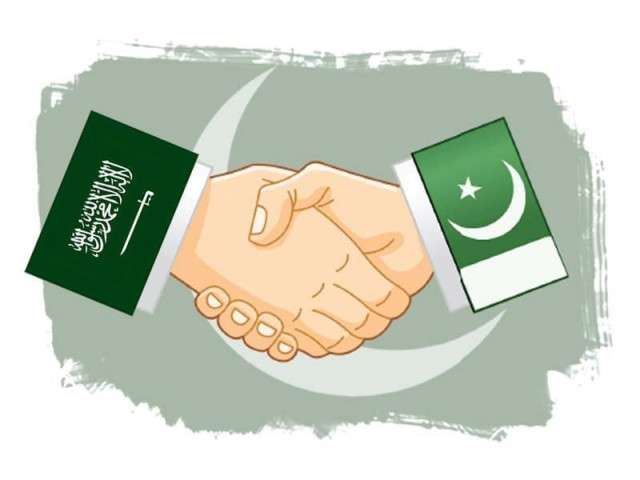Solidarity Through Small Acts
A powerful boycott movement has been reignited. It shows global solidarity with Palestine. People are guided by their personal conscience. This action is like the sparrow and the fire story. The sparrow tries to fight a huge fire with drops of water. This is not meant to stop the flames entirely. Instead, it satisfies its own moral belief. The Pakistan Boycott for Palestine shares this sentiment. It allows people to act upon deeply held convictions.
The Rise of Local Beverages
The carbonated beverage industry saw a notable impact. Coca-Cola and Pepsi once dominated this market. They held about 90% of restaurant sales previously. Now, local alternatives are rapidly gaining ground. Brands like Cola Next, Pakola, and Quice are seeing sharp demand increases. These local options now command a significant market share. Local manufacturers have boosted their production capacity. This aims to keep up with the growing consumer preference.
Limited Global Economic Impact
The total impact on global giants is small. Pakistan’s soft drink sales are minor worldwide. They represent less than 1% of the giants’ total sales. Specifically, they are only 0.7% of combined sales. The boycott will not cause huge economic losses globally. However, the local shift reflects growing consumer consciousness. This change is highly significant within Pakistan.
Fast Food and FMCG Sectors Affected
The boycott has also impacted major fast-food chains. McDonald’s faces a global backlash currently. The controversy arose from a local franchise action. McDonald’s Israel provided meals to Israeli forces. McDonald’s Pakistan claimed independent local operation. They highlighted their local contributions like the Edhi Foundation. Despite this, sales have faced adverse effects.
Shift in Consumer Goods
The fast-moving consumer goods (FMCG) sector also felt the heat. Multinationals like Unilever are facing scrutiny. The food and soft drink sectors were hit the hardest. Local beauty alternatives are gaining traction now. Brands like Conatural and Meclay London see increased demand. Consumers choose local options due to inflation and conscience.
The Complexities of Boycotting
Boycotting global brands is inherently complex. Many multinational firms have deep Israeli ties. Google and Amazon support the Israeli government. They provide services via Project Nimbus. It is difficult to avoid every linked product entirely. This complexity raises questions about effectiveness.
A Statement of Resistance
The boycott may not financially cripple large corporations. It is not fundamentally about causing economic damage. For many, it is a statement of resistance. It is a tool to voice opposition to perceived injustices. The Pakistan Boycott for Palestine is a moral imperative. Individuals feel they are doing what they can. Every small act of conscience truly counts.














